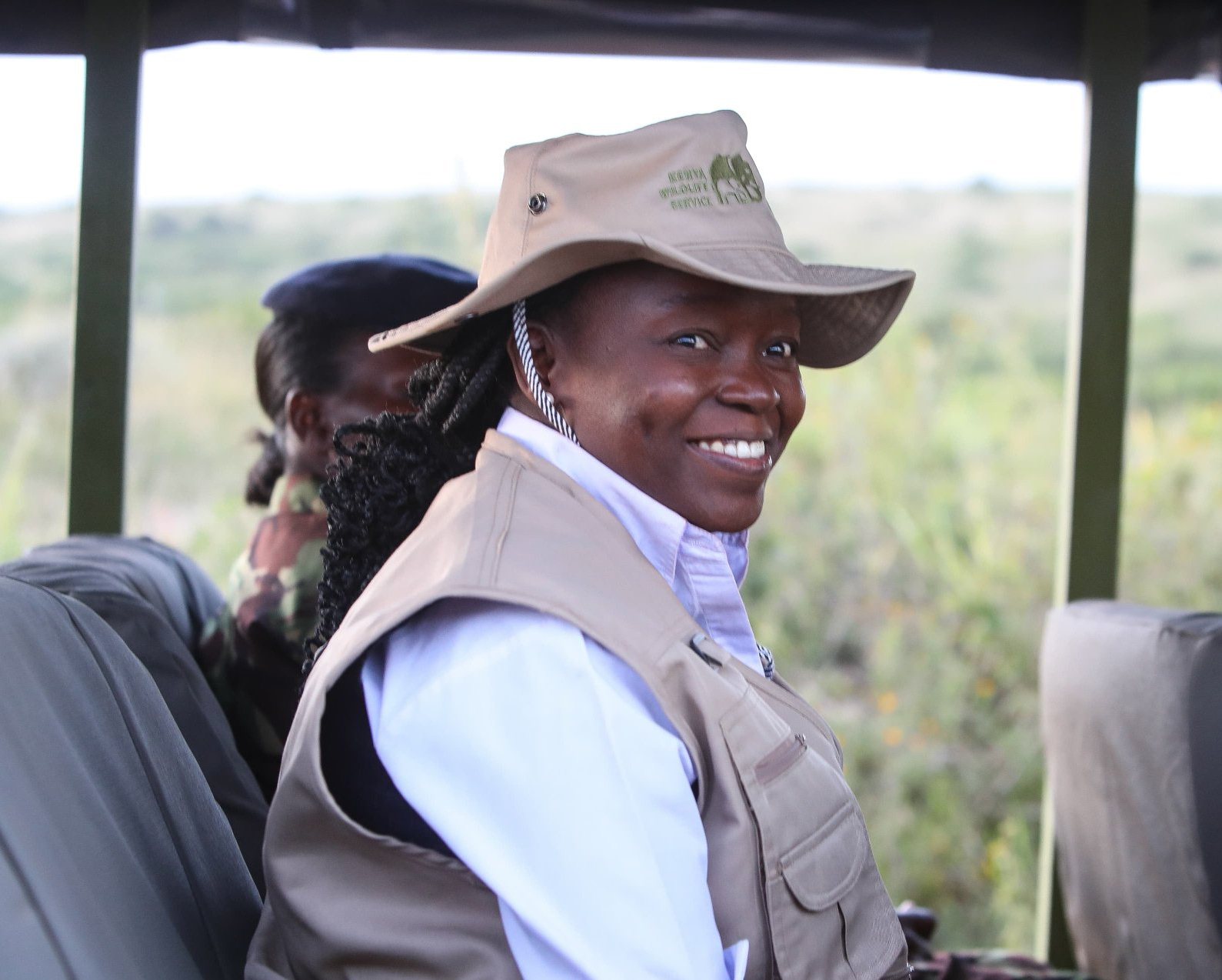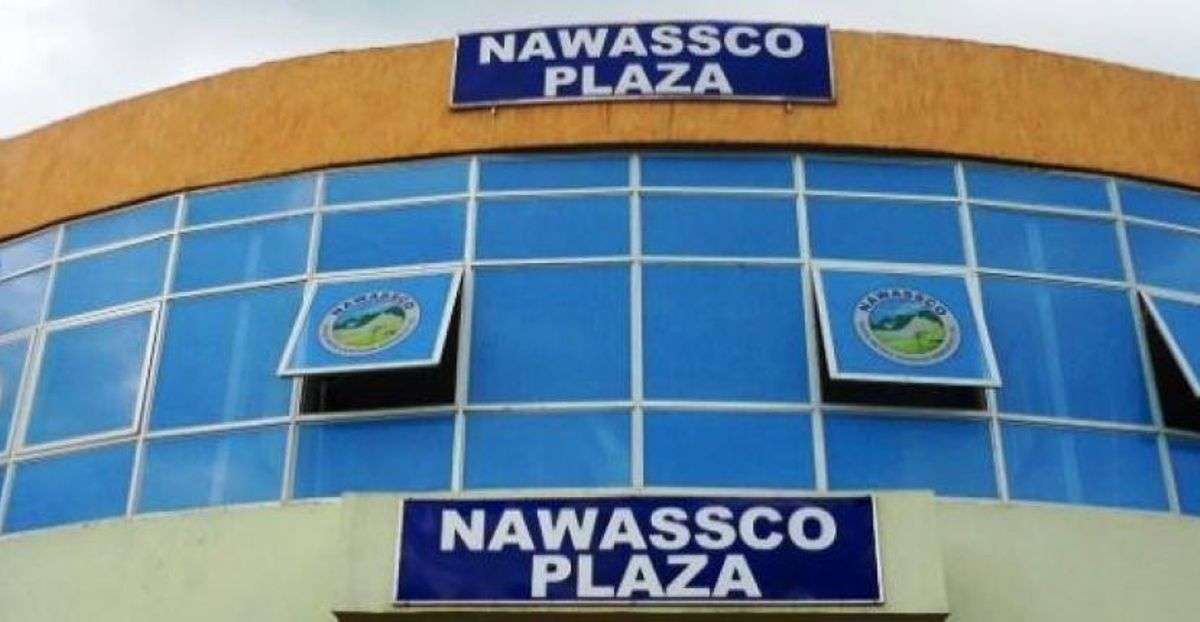By TWV Team
Tensions are rising over the control and management of Nairobi’s iconic Karura Forest following a directive by Cabinet Secretary for Environment Dr Deborah Barasa ordering the Friends of Karura Forest (FKF) to stop collecting entrance fees and other revenues from the popular urban woodland.
Issued on 22 April during Dr Barasa’s first visit to the Kenya Forest Headquarters, the directive has sparked a fierce dispute between the government and FKF, a community-led conservation group. The conflict centres on approximately KSh 20 million collected monthly from visitors to Karura Forest, a figure totalling nearly KSh 245 million annually.
Dr Barasa insists that the Kenya Forest Service (KFS) must achieve financial independence and sustainability. “It is time to create a self-sufficient Kenya Forest Service that can fulfill its obligations despite fiscal challenges,” she said. She also called for a robust internal revenue strategy, directing all payments to be processed through the government’s e-Citizen platform for greater accountability.
In a closed-door meeting with senior ministry officials, including Chief Conservator of Forests Alex Lemarkoko and Forestry Principal Secretary Gitonga Mugambi, questions arose about why a private organization manages a public forest. Concerns were also raised about transparency, financial oversight, and the lack of leadership elections within FKF.
FKF Chairman Professor Karanja Njoroge sharply criticized the government’s move, accusing it of trying to capitalize on years of community-led conservation efforts. “This forest was once a criminal hideout, a no-go zone. Since 2010, we’ve transformed it into a safe, accessible space emblematic of Nairobi. We won’t let KFS undo our progress,” he said.
Professor Njoroge explained that FKF operates under a Joint Forest Management Agreement with KFS, authorized by the Treasury to manage forest revenues through a joint account. These funds support forest protection, restoration, public access, and employment for locals from nearby informal settlements like Huruma. FKF employs 135 salaried staff and 300 casual workers from disadvantaged communities, allocating KSh 1.5 million to KSh 2 million monthly for wages.
He emphasized that FKF board members are unpaid volunteers and that the association supports eco-friendly activities, including walking, cycling, horse riding, and sports along the forest’s 50 km of trails. Monthly visitor numbers range from 50,000 to 55,000, each paying a KSh 100 entry fee.
Founded in 2009 under the Forest Act of 2005, FKF is a registered Community Forest Association created to support KFS in managing forest resources through community engagement. Professor Njoroge noted that the agreement with KFS covers conservation, education, security, and financial cooperation.
Warning of legal action if the ministry persists, Professor Njoroge said: “We will fight to the end. The courts will decide Karura Forest’s fate.”
Covering 1,041 hectares, Karura Forest hosts over 260 bird species and mammals like bushbucks, duikers, and civets. Its transformation from a neglected, dangerous area into a thriving urban sanctuary highlights the success of community-driven conservation, now threatened by a growing divide between state and civil society.
This standoff raises critical questions about balancing government oversight with citizen stewardship of natural resources and the future of public-private conservation partnerships in Kenya.





